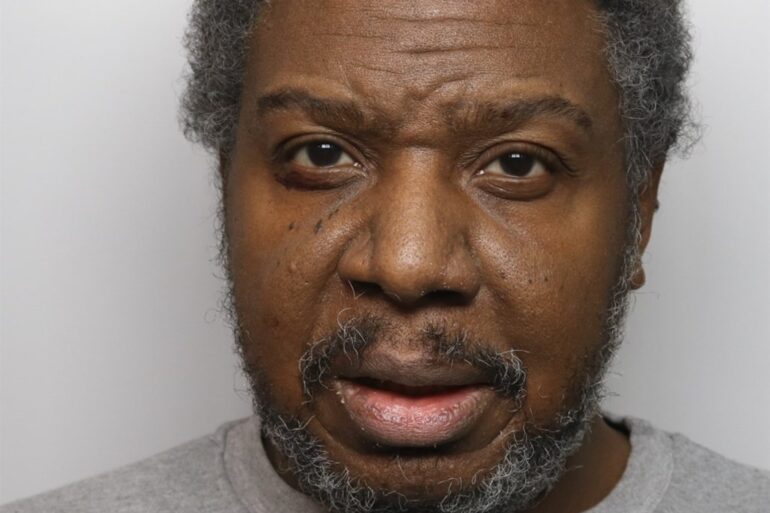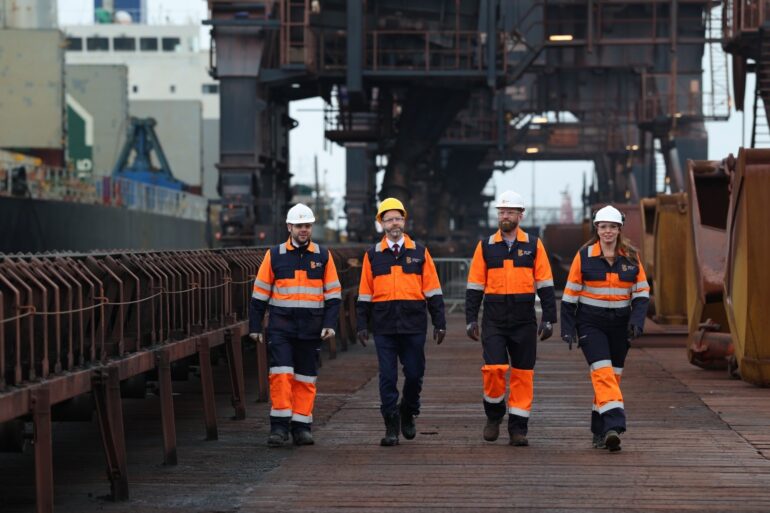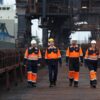-
 play_arrow
play_arrow
Chorley ONE Local Radio for Chorley
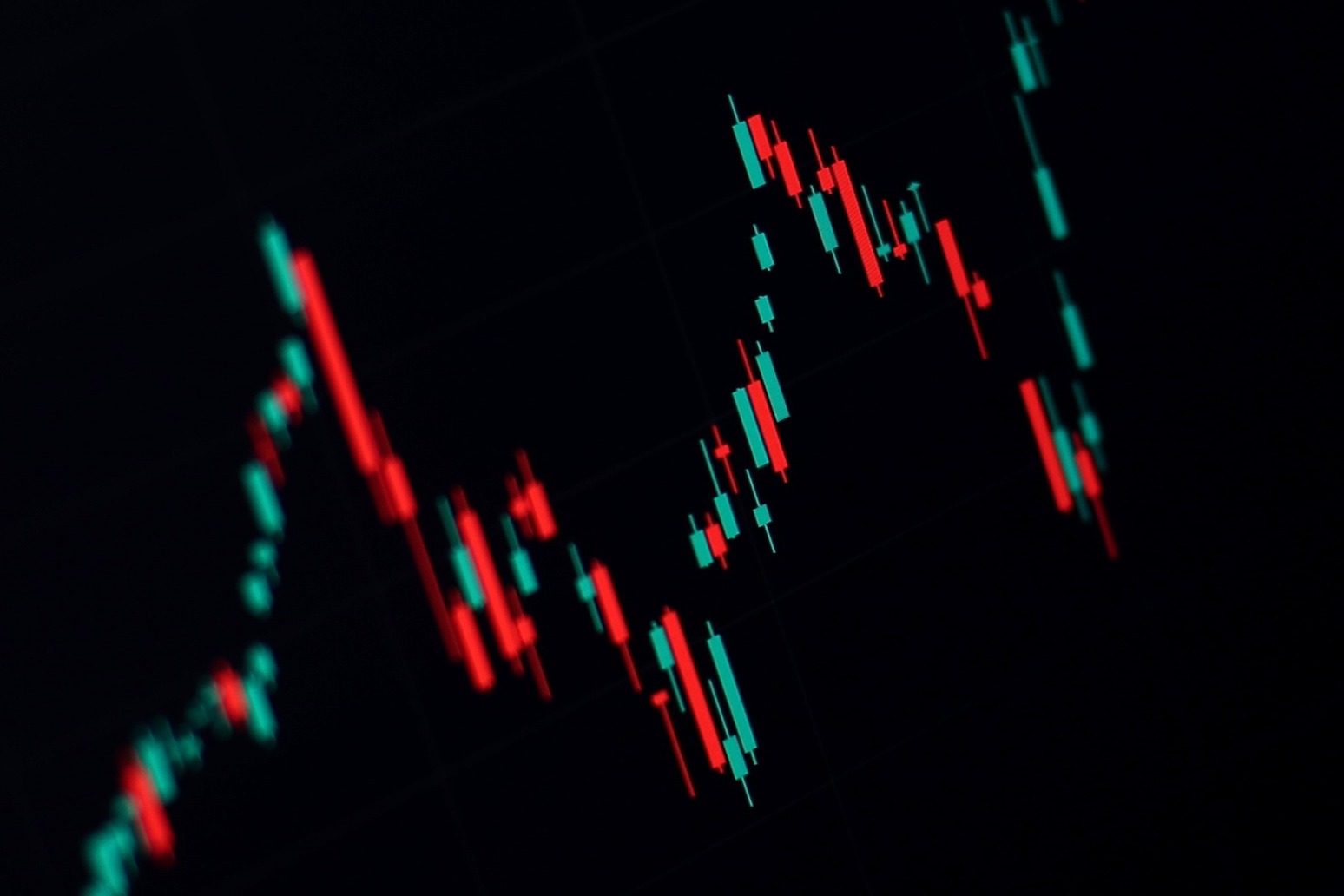
UK markets have begun to rebound after Donald Trump announced a 90-day pause in his sweeping tariffs, though ministers insisted they would remain cautious in the face of instability.
The FTSE 100 rose by more than 6% after stock markets opened in London on Thursday.
This followed a significant rally for markets in the US and Asia, after President Trump said he would be delaying tariffs on most nations for 90 days while raising his tax rate on Chinese imports to 125%.
Amid the rising market confidence, senior Cabinet minister Yvette Cooper continued to urge caution.
The Home Secretary told Sky News: “We are seeing changes all the time. We are seeing quite a lot of global instability.
“We are seeing that in the economy, we are seeing it also on security, on defence issues.
“But I think that just comes back to the approach that we have taken – it’s the plan for change the Prime Minister’s set out, maintaining that stability in the face of the different turbulences.
“We are not keeping a running commentary on different trade negotiations, on the different approaches that other governments are taking.”
She added: “What we are doing is just being really steady about this. We have made clear our principles and our approach. We want to see a reduction of trade barriers and we want to negotiate good arrangements that are in the UK’s interests.”
While the FTSE has rebounded following its downturn in earlier days, the index of the UK’s top stocks is still far below where it was in the days before Mr Trump’s tariffs came into force.
The US pause has not completely eliminated taxes on goods into America, with all countries now expected to pay a 10% levy, instead of the reciprocal rates Mr Trump’s administration had originally set out.
Some of America’s trading partners had threatened retaliatory action before the pause, like the EU, which had voted to impose countermeasures on some US goods.
The UK had been spared higher tariffs rates hitting others and had resisted retaliatory action.
Other countries now find themselves in the same situation as the UK, which was already required to pay the 10% tariff rate.
Imports of cars, steel and aluminium to the US are all still subject to a 25% tariff.
A Downing Street source said the development shows that “cool and calm can pay off” and that the way Sir Keir Starmer “does business” is the “right approach”.
Despite the changes to Mr Trump’s tariff regime, economists remain concerned that the prolonged uncertainty over his policy will hold back growth around the world.
Ministers still hope an economic agreement with Washington can be reached to soften the blow of some of Mr Trump’s tariffs.
Chancellor Rachel Reeves will seek to negotiate with the US when she visits Washington at the end of April for the International Monetary Fund’s spring meeting of global finance ministers, she told the Financial Times.
She also said a UK-EU summit on May 19 would be a chance “to refresh our relationship and make it easier for businesses to trade”.
Published: by Radio NewsHubClick here to read this story in full at Radio News Hub
Written by: admin
Similar posts
Latest News
- Man admits murdering partner and neighbour in brutal Christmas Day stabbing
- Reynolds says job changes may be needed to ensure Scunthorpe steel plant future
- Alan Rickman had so much more to offer
- Birmingham rubbish strikes set to continue after bin workers reject offer
- Katy Perry will write a song about her experience after returning from space
Top popular
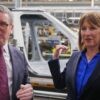
UK economy grows by 05 in February in surprise boost for Labour

Sarina Wiegman admits one eye is on Euros

Prison officers stabbed by Manchester bomb plotter now stable says union

Thomas Tuchel has spoken to Phil Foden and Marcus Rashford about poor display

Neonatal care leave will make huge difference for parents say campaigners
Copyright THe Mediasite - 2024

